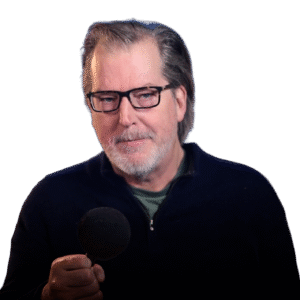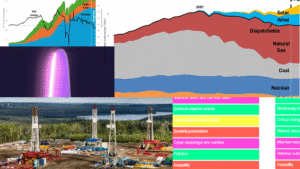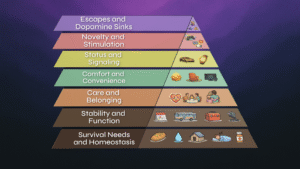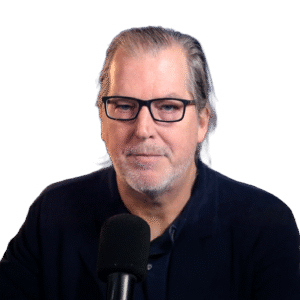Description
In this Frankly, Nate shares his perspective on the new all-time high in oil production in the context of AI’s growing influence in the financial markets and technology space. While ‘all liquids’ just hit an all time high, the varying categories of what is considered oil obfuscates a long plateau that is starting to decline. However, given AI’s expanding reach, it may not only invent ways of getting a higher percentage of Original Oil In Place to our economies, but also increase demand for energy worldwide. In similar fashion to shale fracking, MMT, and debt, AI will increasingly widen the resource extraction/ecosystem damage “straw”. Artificial intelligence is potentially a wonderful tool, but it is lower down the hierarchy than money/power maximization and thus will accelerate, not diminish climate change and other environmental damages. Can we resist the cleverness of AI and its ability to drain sources to the very last drop to instead navigate the road to the Great Simplification with wisdom?
Special thanks to Art Berman, John Rowan, Kyle Saunders, Tristan Harris, and Daniel Schmachtenberger.
In French, we have a motto that says that a simple drawing is often better than a long explanation. Jean-Marc Jancovici Carbone 4 President
That’s very understandable because with left atmosphere thinking, one of the problems is that you see everything as a series of problems that must have solutions. Iain McGilchrist Neuroscientist and Philosopher
We can’t have hundreds and hundreds of real relationships that are healthy because that requires time and effort and full attention and awareness of being in real relationship and conversation with the other human. Nate Hagens Director of ISEOF
This is the crux of the whole problem. Individual parts of nature are more valuable than the biocomplexity of nature. Thomas Crowther Founder Restor
Show Notes & Links to Learn More
Slides used in this presentation
00:22 – Oil Production Highs
00:45 – NVIDIA stock price and market cap, S&P 500 Energy
01:32 – Energy and GDP correlation (figure 2)
02:25 – Energy vs Human energy output (section 4.3)
03:15 – The Carbon Pulse
03:40 – Productivity growth is declining since oil production growth has been slowing
04:20 – Peak Oil
04:40 – M. King Hubbard
05:24 – The Oil Drum, obfuscation of what is included in oil
07:56 – Conventional Oil Peak
08:14 – Art Berman, Shale Oil and the Slurping Sound
08:15 – Tight Oil
08:43 – Red Queen Effect
10:40 – AI used in fracking
11:07 – Increase in material use from AI, Increased energy use
11:34 – Mordor Economy
12:20 – Elon Musk Quote
14:58 – Jevons Paradox
15:01 – Frankly on AI and Real Ecology
16:48 – Where does a barrel of oil go
19:38 – Planetary Limits
20:12 – DJ White + TGS Episode
20:42 – Carbon Biofeedbacks
More: The Breathtaking Scope of Sam Altman’s Future AI Empire
United States produces more crude oil than any country, ever







